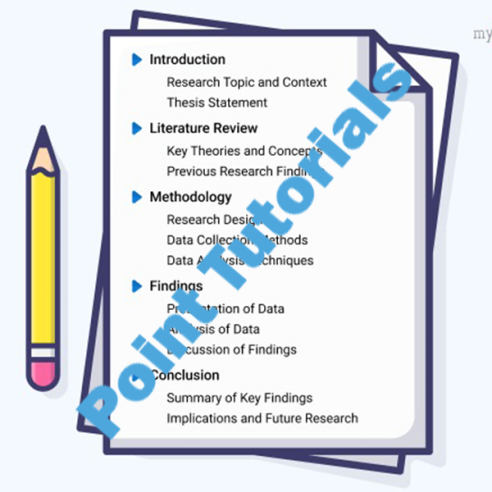
NURS FPX 4010 Assessment 2_Interview and Interdisciplinary Issue Identification
In Stock
Interview and Interdisciplinary Issue Identification
Synopsis of the Interview
My preceptor and I spoke about some of the major issues facing her healthcare company. She had been employed by the healthcare facility for more than 20 years as a registered nurse. Below is a recap of our conversation.
Firstly, the registered nurse described her healthcare organization. It’s a community hospital with 1,400 beds available. She worked as a licensed nurse assistant at the hospital for the first time. After earning her BSN and acquiring experience, she subsequently climbed through the ranks to become an advanced nurse practitioner. In her present role, she is in charge of all phases of patient care, beginning with diagnosis once a patient is admitted to the hospital, and making sure that discharge protocols are followed appropriately.
The interviewee clarified that in the recent past, there have been modifications to the primary method of patient treatment. She claims that there wasn’t much technology at the hospital when she started working there, and most tasks required manual labor. For instance, taking a patient’s temperature required physically inserting a thermometer in their armpits, waiting a few minutes, and then obtaining the results. Digital thermometers, which take readings without requiring the patient to come into contact with the device, have become more and more popular in recent years. The hospital has invested much in the use of technology. They have multiple systems in place, including as wearables to facilitate remote patient monitoring, bedside computers to record patient vitals, and electronic health records.
The RN believes that the healthcare organization has benefited from the implementation of technology since patient care has become more efficient. On the negative side, the RN points out that pharmaceutical errors continue to pose a serious problem for healthcare institutions. She points out that the frequency of mistakes made during the course of therapy still lowers patient safety and care quality. She believes that the main reason the problem still exists is that the technologies that have been implemented have not given much thought to processes like drug administration and patient discharge policies. As a result, there is still a persistent reliance on human labor to handle medicine administration problems. Medication errors have a big impact on patients’ health and the community’s perception of hospitals as safe places to be.
I was told by the RN that the hospital was aware of the problem. Consequently, several initiatives have been made in an attempt to control it.
Price:$30.00
Category: List of Solutions
